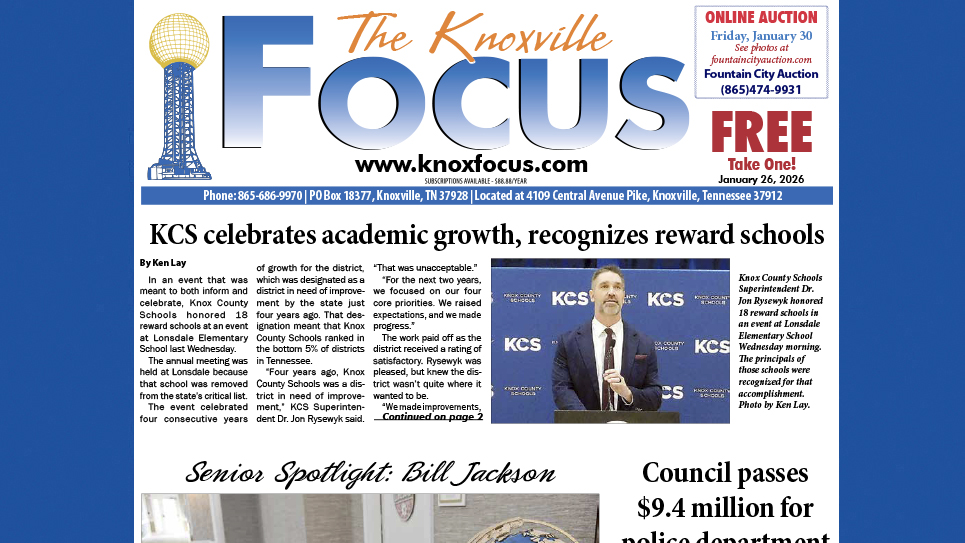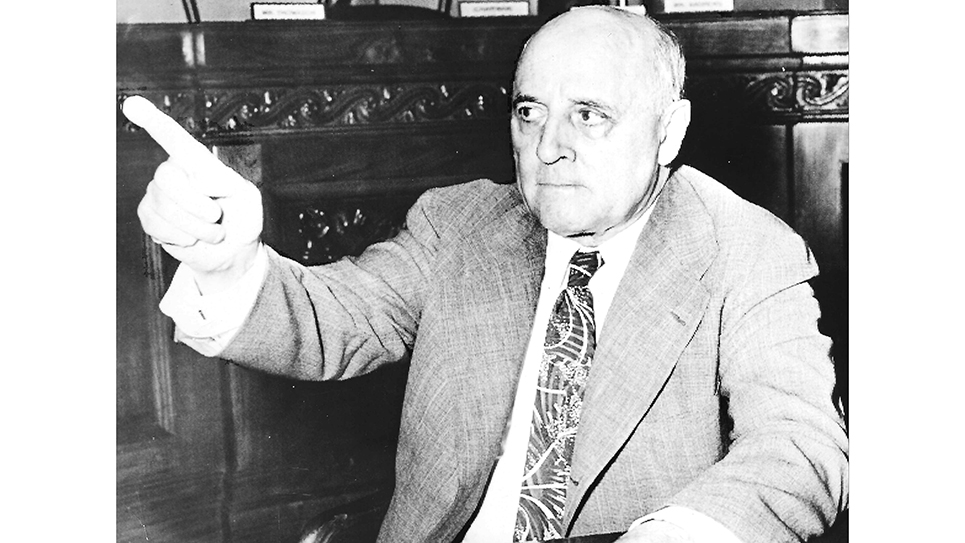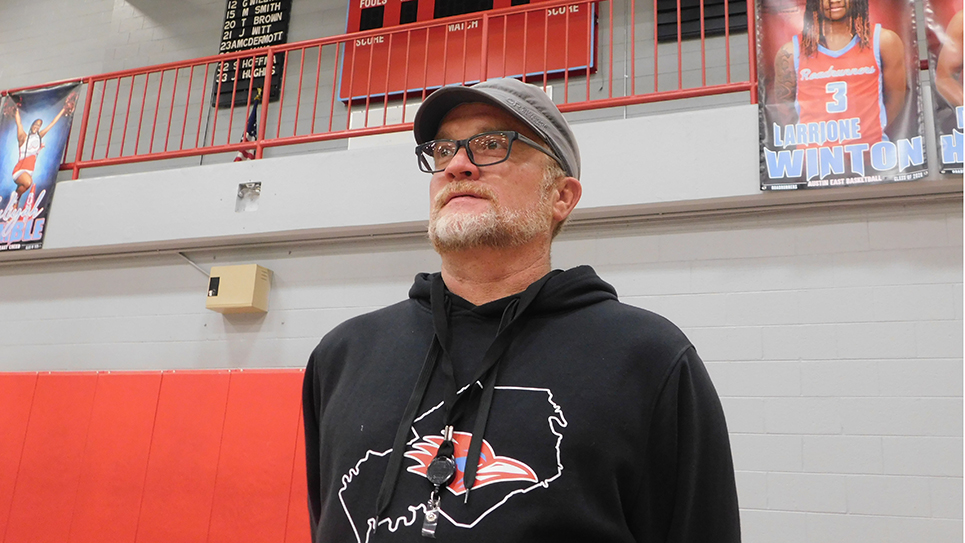I pay more attention to rainfall than I once did. Perhaps it’s because I’m semi-retired and have a big garden. Perhaps it’s because we rely on a well for our potable water, and when it doesn’t rain I begin to worry about the aquifer being depleted. We are frugal with water and collect rainfall in a gutter system at our mountain cabin which we use for showers and toilets. We’ve even installed rain barrels at the four corners of our new house to collect runoff from the gutters. We use this water on our shrubs and flowers to avoid wasting this most precious commodity.
The reason our area and mountains are so green is because Knoxville receives an annual rainfall of about 47 inches. We probably take abundant rainfall for granted except in times of extreme drought as we had several years ago. I remember large cracks in the dry ground, the foliage of distressed trees and grass crunching underfoot as I similarly experienced during a drought in southwestern Colorado.
I admit that I would rather it be too wet than too dry, just as I would rather it be too hot than too cold. Our East Tennessee high ground and TVA dams largely protect us from the type of flooding now causing such destruction in Texas. History teaches that our Tennessee River (now Ft. Loudon Lake) used to regularly flood. And those same Tennessee hills separated by gullies still sometimes flood in big storms referred to as gully-washers by old-timers.
I’m teaching a Sunday school series on the covenants of the Bible. After the so called Noachian flood, God promised to never again destroy the world with water. As I watch the misery in Texas, inundated with more than 50 inches of rain, I thought about the biblical flood in Genesis. We postmoderns often apply science and reason to biblical stories and miss the intended teaching point. A person in antiquity living in the flat delta of the Tigris and Euphrates rivers, might conclude that the entire world had been flooded- and he’d be right. That alluvion covered everything, farther than his eye could see. And without modern search and rescue technology and the support of a compassionate nation, Texans might feel similarly.
We no longer live in an isolated world as did the biblical patriarchs or even farmers of the Tennessee Valley a 100 years ago. Two-thirds of the seven billion humans on our planet own a cell phone and are now connected. Yes, there are people who are not on the net or watch TV or listen to the radio, but there are fewer and fewer of these increasingly isolated individuals. Some have asked if we are better off with our internet and 24 hour news reports of the latest catastrophe. Cautiously, I would say yes, as I think of John Donne’s immortal poem, “No man is an island….” You should read and reflect on the poem today.
On a personal scale I have had patients who died from flooding. No, not the alluvion of torrential rain, but an internal flooding. We carry around beneath our skin the micro environment of the oceans from which we came. There is a delicate balance between too little water and dehydration or too much water flooding of our lungs, abdomen and legs. Balance is maintained by the kidneys, the heart and vascular system, as well as the endocrine (hormone) systems. Failing kidneys can’t control water and salt balance. Failing hearts can’t pump adequately to maintain circulation. And scarred livers (cirrhosis) retard blood flow and back up to overflow like house gutters choked with leaves. And eventually, even the compensatory mechanisms of the endocrine system fail and flooding ensues.
Unfortunately, the media’s alluvion threatens to drown my soul. We are flooded by a steady downpour of negative stories and fake news. Actually, news has become little more than politically motivated pronouncements. Case in point is the brouhaha created by The NY Times who misquoted President Trump’s Charlottesville statements five times. No matter that the Times was forced to retract all these “misstatements,” after being repeated by the rest of the media. The damage was already done. Now, even Paul Ryan and Nancy Pelosi have mustered the courage to contradict their handlers and agree with President Trump’s comments about Antifa and other anarchists.
I’ve noticed that I’ve become more sensitive. I often have to suppress my anger when I hear the ignorant statements of Congressional politicians who are so often duped by the media. And I am appalled that some Americans know so little history. People used to study history to understand their present situation and to make decisions for the future. Now, the postmodern mantra is, “if it hasn’t happened to me or in my memory it’s irrelevant.” And the arrogance of our ruling class threatens to take all the Christian out of me.
I like to find the perfect word and I’ve always liked the sound of antediluvian. Historically, it referred to a time before the Genesis flood. However, I think it can refer to a time before the Texas flood or maybe before the media sold their souls and flooded us with their fake news.
Was there an antediluvian time in Congress before it was flooded with partisan politics? Was there a time in education before the flood of politically correct indoctrination, as is rampant in Ivy League schools like Dartmouth or at Berkeley? The University of Missouri’s enrollment has decreased 30% since its race riots, and Ole Miss had to recently cancel a Greek Retreat after a black coed saw a banana peel and tearfully perceived racism. What company would hire such a snowflake who sees racism in a piece of fruit? Even our UT has suffered in the diversity wars and demands for group speak.
I’m reading a book in which the author maintains that Christians should shine grace into a broken world. I agree. The ethics and morality of the early Christians were eventually seen by the Roman Empire as superior to those of the pagans. I can only hope that history repeats itself.






